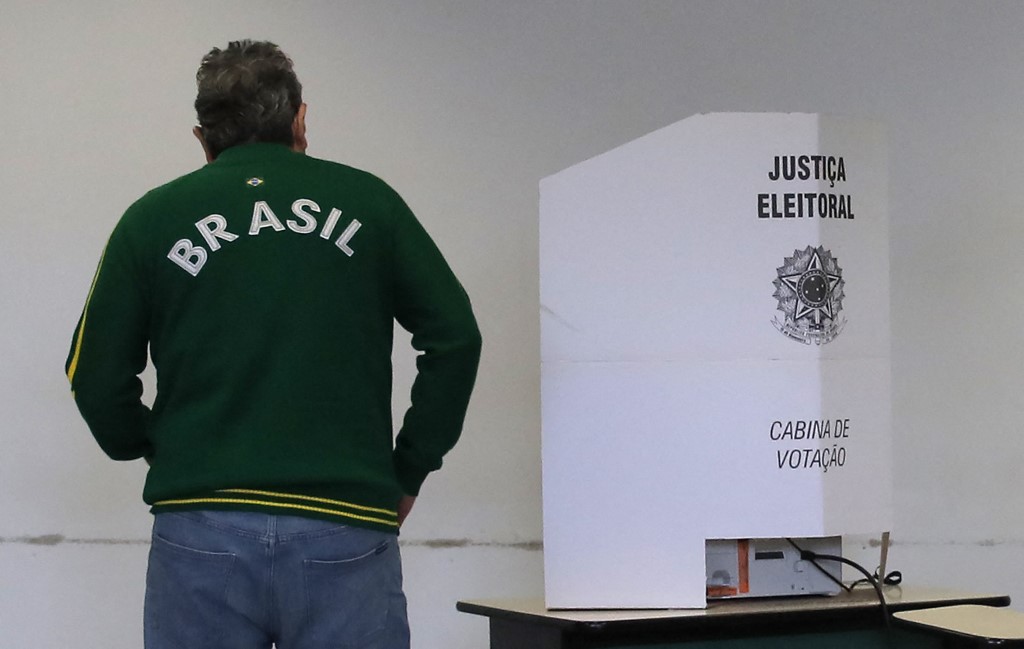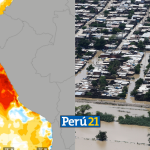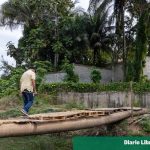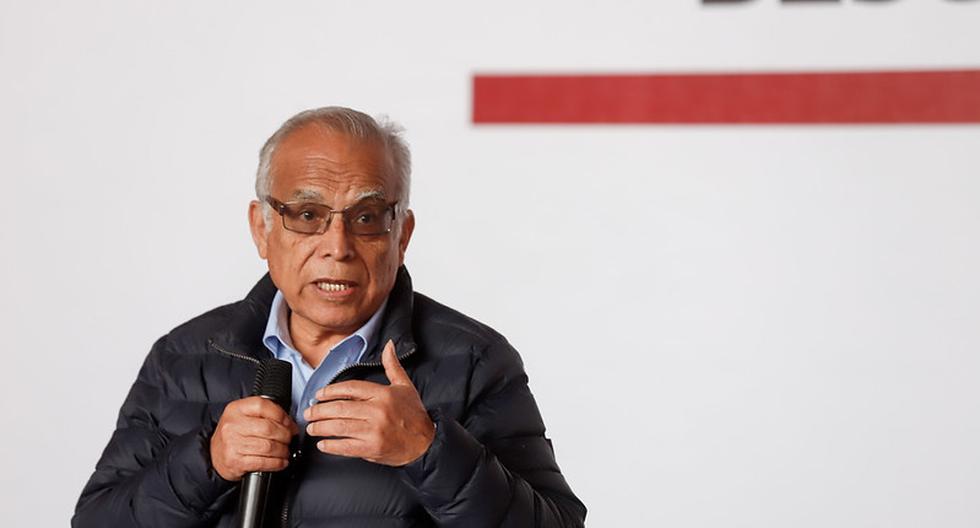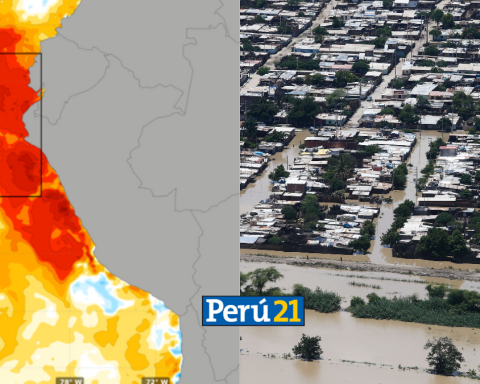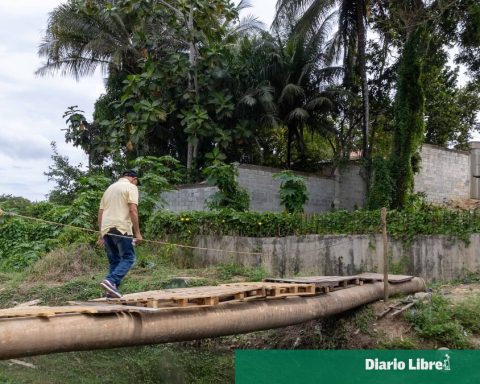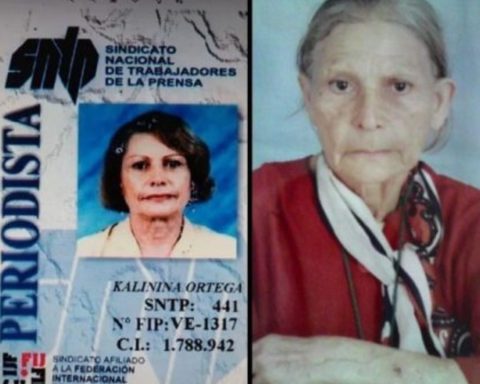Ukrainian President Volodimir Zelensky said on Sunday that the strategic town of Liman, in the east of the country, in one of the regions annexed by Russia, is “totally free” of Moscow troops.
Source: AFP
The announcement took place two days after the officialization of the accession to Russia of four Ukrainian territories, an initiative denounced by kyiv and Western countries.
“At 12:30 p.m. local time (09:30 GMT) Limán is totally free. Thanks to our military!” the Ukrainian president said in a video posted on social media.
Hours earlier, Zelensky welcomed the advances of his troops around this key city – an important railway junction in the annexed Donetsk region – and assured that next week “new Ukrainian flags will fly in Donbas”, in the east of the country, where the Ukrainian army is fighting back.
He also sent a message to the Russian soldiers and officials: “As long as they have not solved the problem of who started it all, who unleashed this senseless war against Ukraine, they will die one by one, becoming scapegoats, because they do not admit that this war is a mistake.” historic for Russia.
The day before, the Ukrainian army already announced that it had entered Limán, where “between 5,000 and 5,500 Russians” were.
Shortly after, Moscow announced that it was withdrawing its men from the city to “more favorable lines”.
“IN ACCORDANCE WITH THE CONSTITUTION”
The taking of Limán is a severe setback for Moscow, which on Friday made official with great pomp the annexation of four Ukrainian territories: the separatist regions of Donetsk and Lugansk, and those occupied by Russian troops Zaporizhia and Kherson.
The international community denounced this territorial adhesion, which it describes as “illegal”.
Pope Francis “begged” Putin on Sunday to stop the “spiral of violence” in Ukraine and rejected the annexations, “contrary to international law.”
The pope warned that this “increases the risk of a nuclear escalation” and raises fears of “uncontrollable and catastrophic consequences worldwide.”
It is the first time since the beginning of the conflict, on February 24, that the Argentine pontiff addresses the Russian president directly in one of his speeches.
Also nine presidents of Central and Eastern European countries (Czech Republic, Estonia, Latvia, Lithuania, North Macedonia, Montenegro, Poland, Romania and Slovakia) joined the international rejection on Sunday and declared that “they will never recognize Russian attempts to annex Ukrainian territory.
French President Emmanuel Macron, who met with Zelenskiy on Sunday, promised to work to adopt “new sanctions” from Europe against Moscow.
Despite the international rejection, the legal process for the formalization of the annexations continues in Moscow.
The Russian Constitutional Court ruled on Sunday that the treaties were “in accordance with the Constitution of the Russian Federation.”
According to Vyacheslav Volodin, president of the Duma, the deputies of the lower house of the Russian Parliament will examine a bill on Monday before the immediate adoption of the text.
The text will then go to the lower house of Parliament, the Federation Council.
Ukraine has already announced that it will appeal to the International Court of Justice (ICJ), “urging it to deal with this case as quickly as possible.”
“LOW POWER” NUCLEAR WEAPONS
With Russia losing ground, experts fear that President Vladimir Putin will resort to nuclear weapons to defend his territory.
Following the withdrawal of Russian forces from Liman, Chechen leader Ramzan Kadyrov said Moscow should consider using “low-yield” nuclear weapons.
On the ground, with the liberation of Limán, the Ukrainian troops seem to be regaining strength.
“I feel optimistic and very motivated. I see the activity on the front line and the territories we are taking back,” a 33-year-old Ukrainian soldier, who goes by the name “Smoke,” told AFP.
To bolster Ukraine’s military arsenal, Germany, Denmark and Norway announced on Sunday to supply kyiv with 16 heavy self-propelled howitzers by 2023.
Ukraine condemned on Saturday the “illegal detention” of the general director of the Zaporizhia nuclear power plant, Igor Murashov, arrested the day before by a “Russian patrol” when he was on his way to the plant, under Moscow control.
The director of the International Atomic Energy Agency (IAEA), Rafael Grossi, expressed his “serious concern” about the arrest of the person in charge of the largest nuclear power plant in Europe and announced that he will travel to kyiv and Moscow “next week”.
